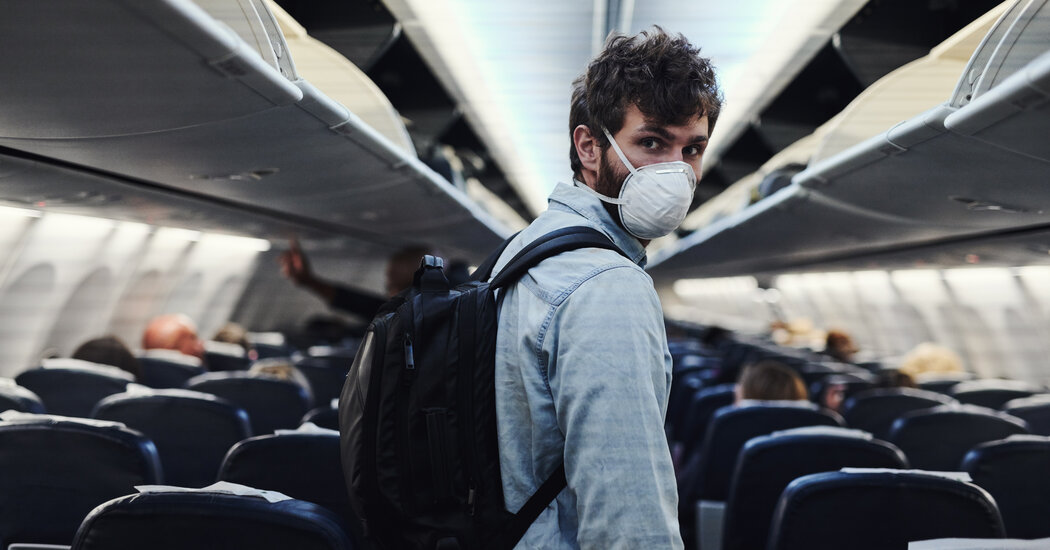It’s a tricky question to answer, but experts say symptoms and rapid tests are still good guides.
As we cope with our fifth Covid summer, people are once again navigating travel and social events while in the midst of yet another wave. This raises the perennial question: If you test positive, how long are you contagious?
“It’s actually a difficult question,” said Dr. Dan Barouch, the head of the Center for Virology and Vaccine Research at Beth Israel Deaconess Medical Center. “There isn’t any one time period where people are no longer infectious.” Some people may be contagious for just a few days, while for others it can be a few weeks, he added.
In general, the more immunity someone has built up, either through a recent vaccine or prior infections, the better they’ll fight off the virus and the faster they’ll recover, said Dr. Stuart Ray, a professor in the division of infectious diseases at Johns Hopkins Medicine. On the other end of the spectrum, people who are immunocompromised because of medications or a medical condition can have a harder time getting rid of the virus and stay contagious for longer.
The Centers for Disease Control and Prevention once advised five days of isolation after a positive Covid test, followed by five days of masking when out in public. That is still a reasonable approach, Dr. Barouch said. “It’s believed that after about five days, then contagiousness goes down substantially,” he said, though that “doesn’t necessarily mean every single person on day six would not be contagious.”
In March, the C.D.C. shifted their recommendation away from a specific time period. They now say that people can return to normal activities 24 hours after both their fever has resolved and their symptoms have started to improve. However, the agency still recommends prevention strategies like masking, good hygiene and physical distancing for another five days to protect those around you.
On a practical level, the updated guidelines are “reasonable,” Dr. Barouch said, noting that they are similar to the recommendations for flu and other respiratory viruses. But, he added, “it doesn’t mean that when people go back to work, they’re not contagious anymore.”
